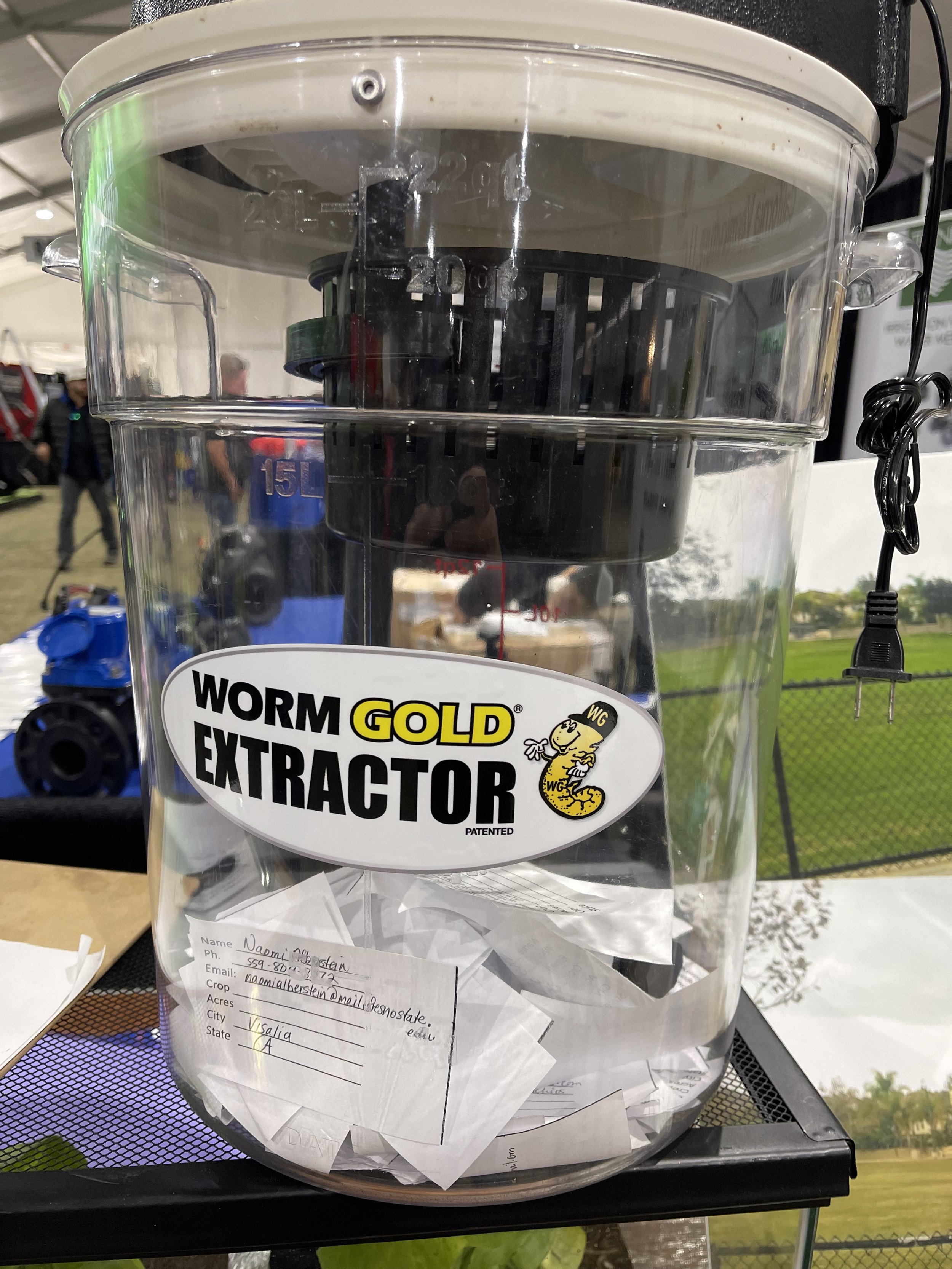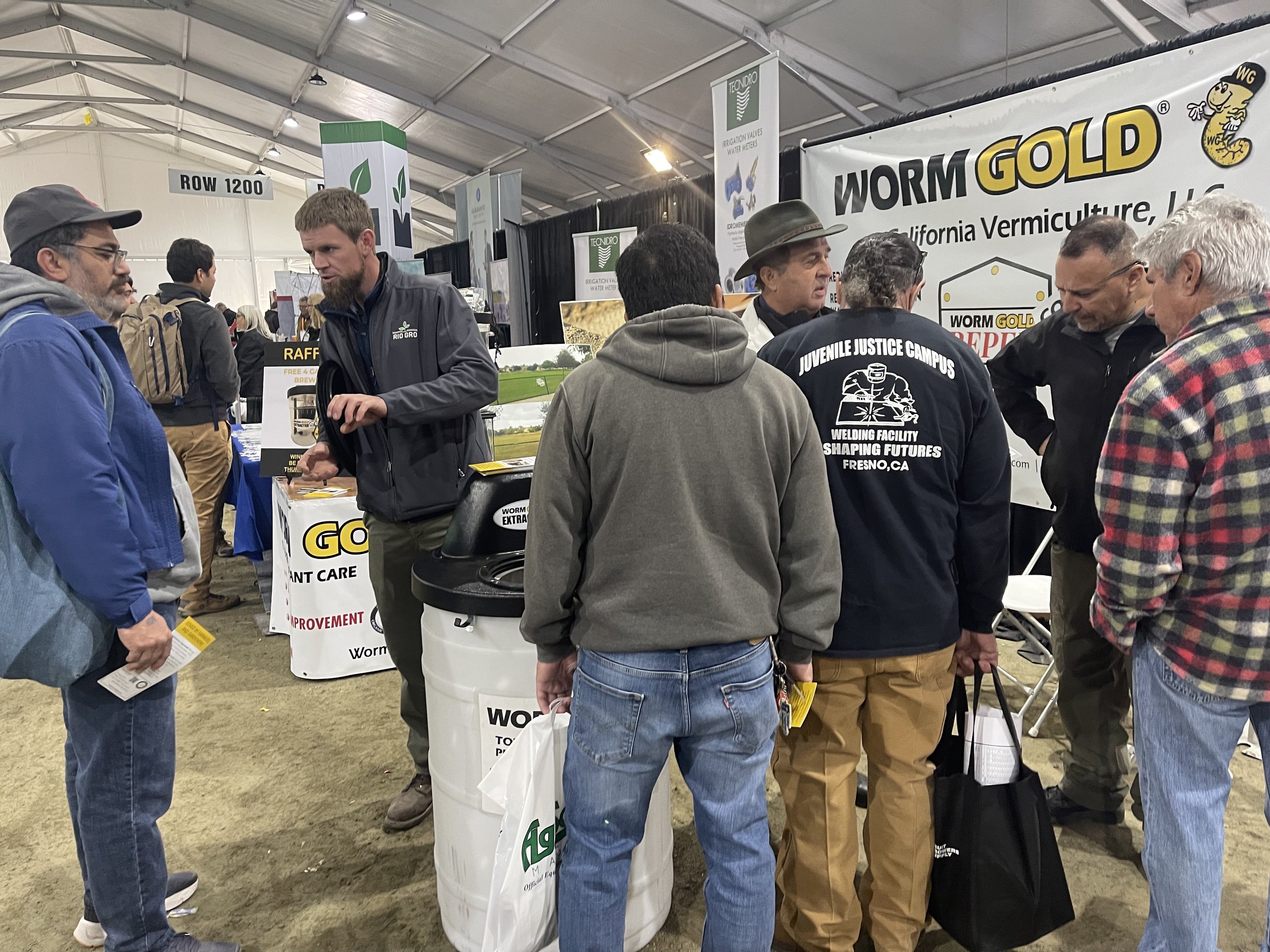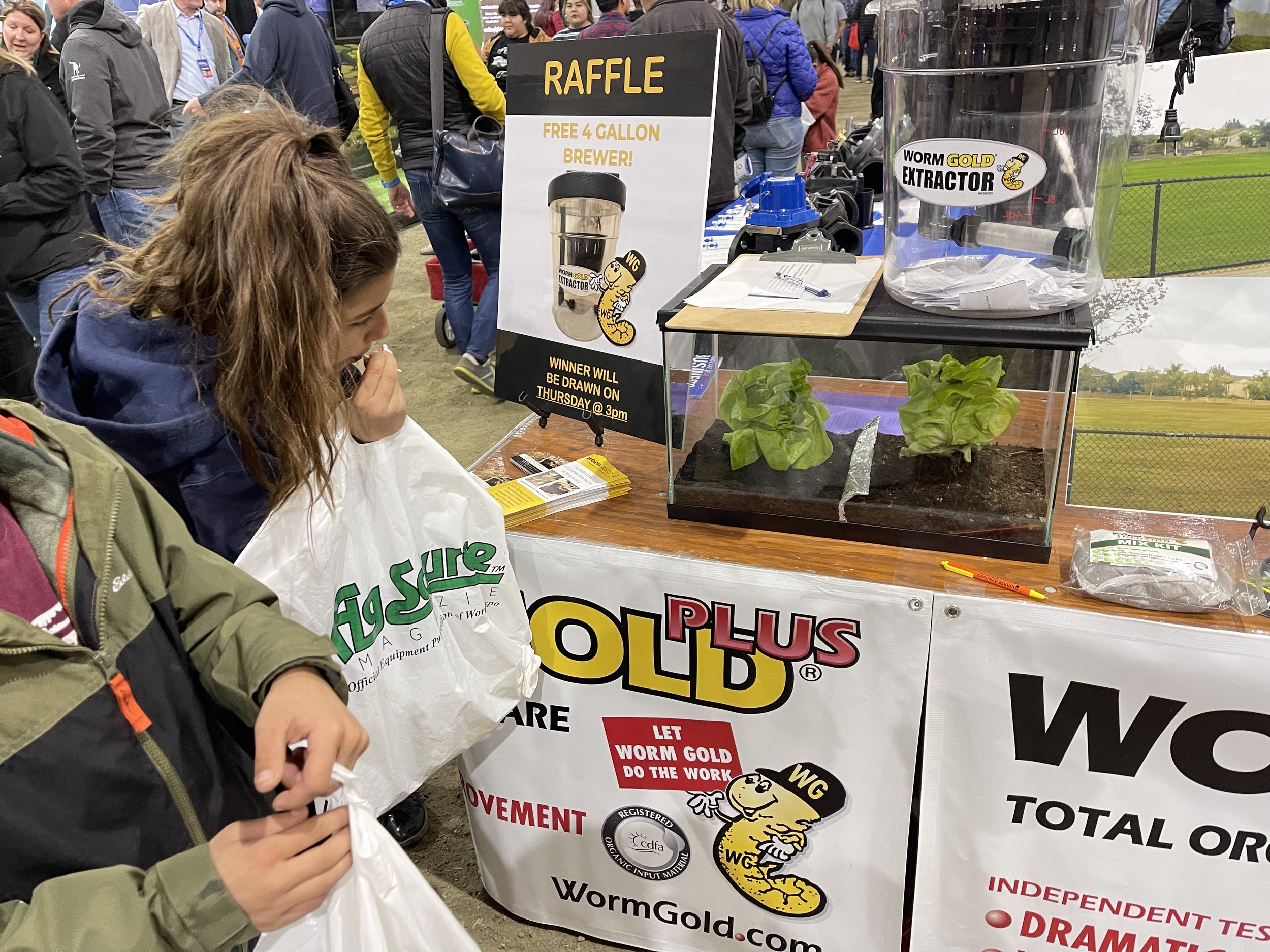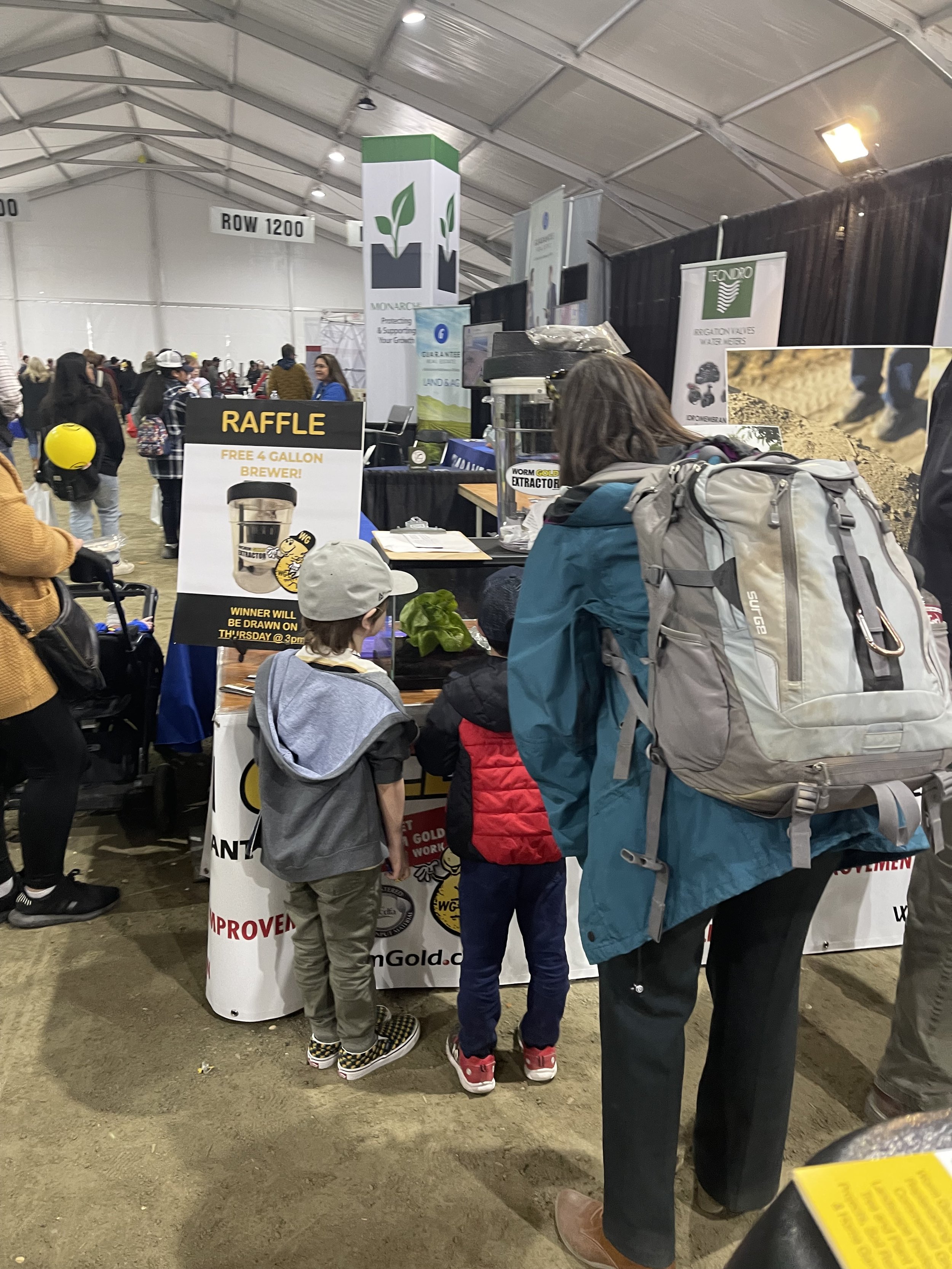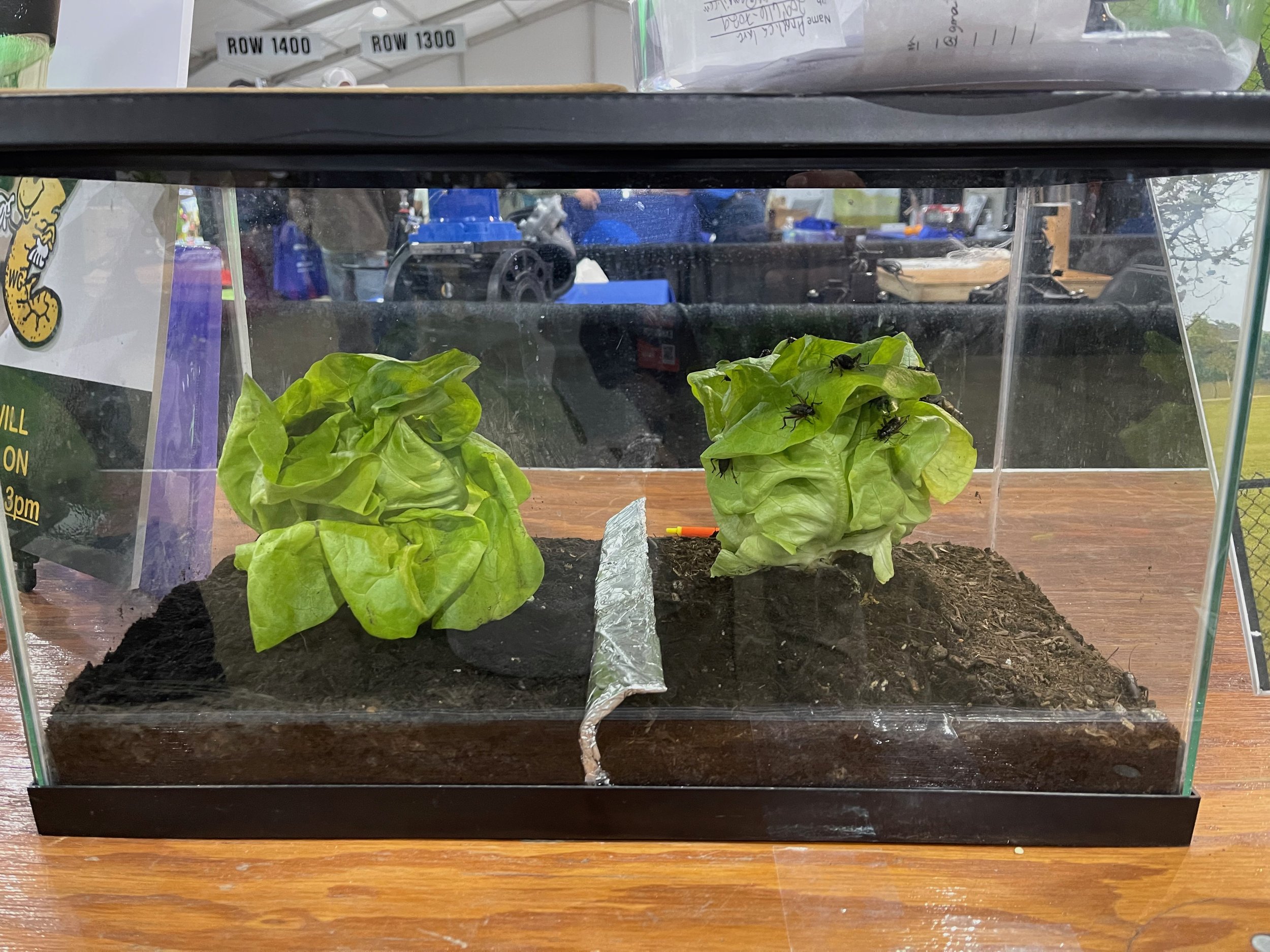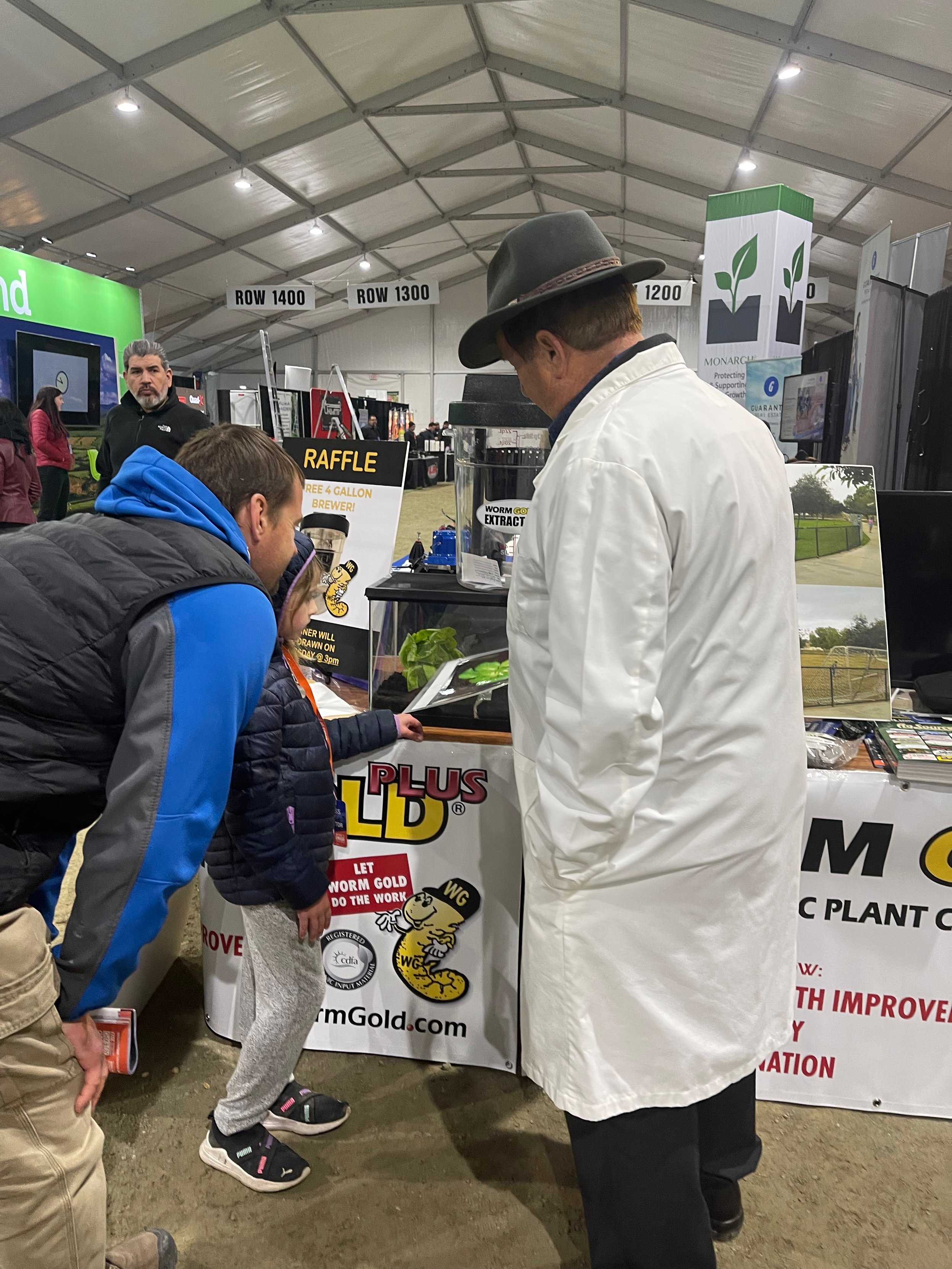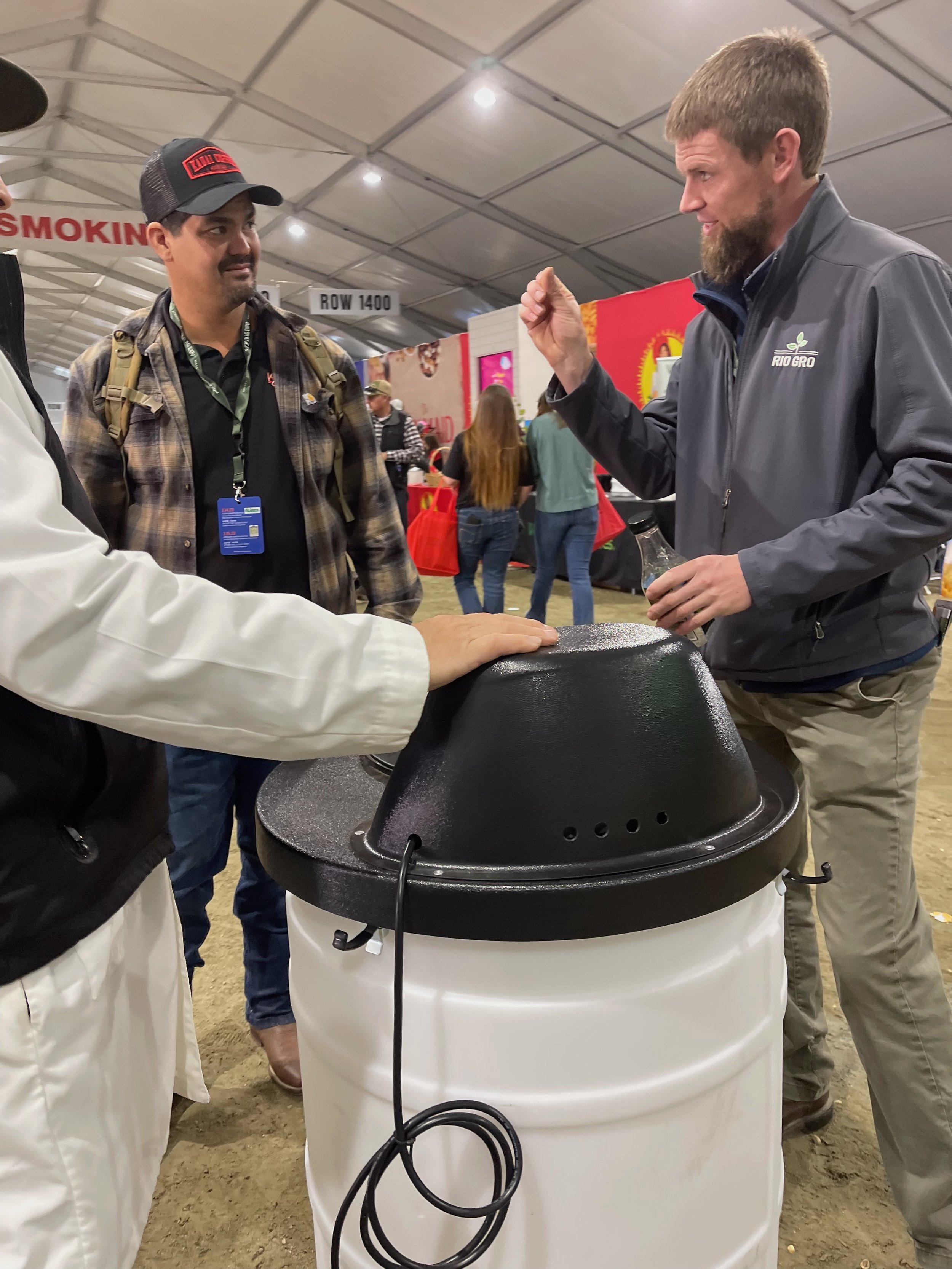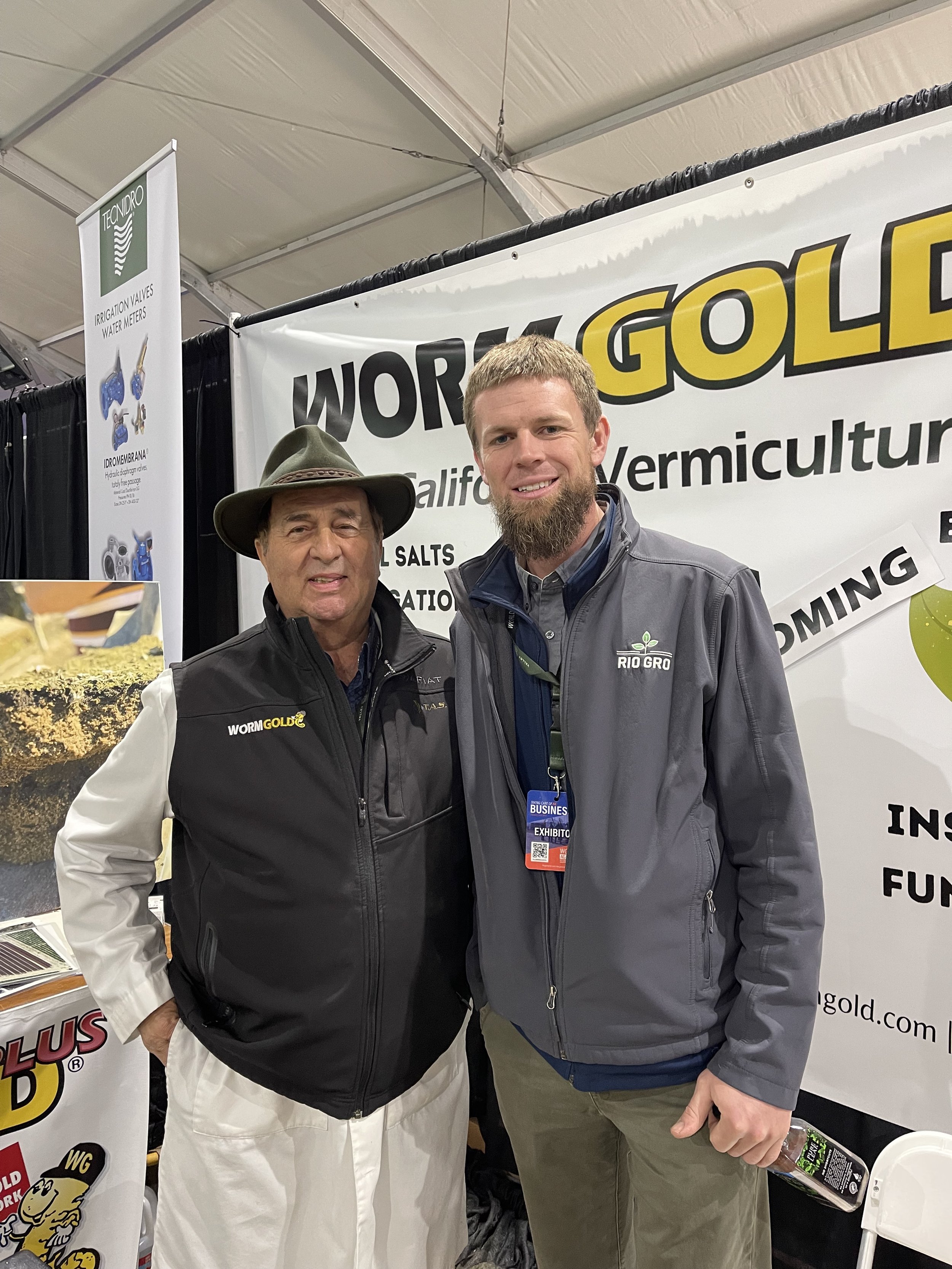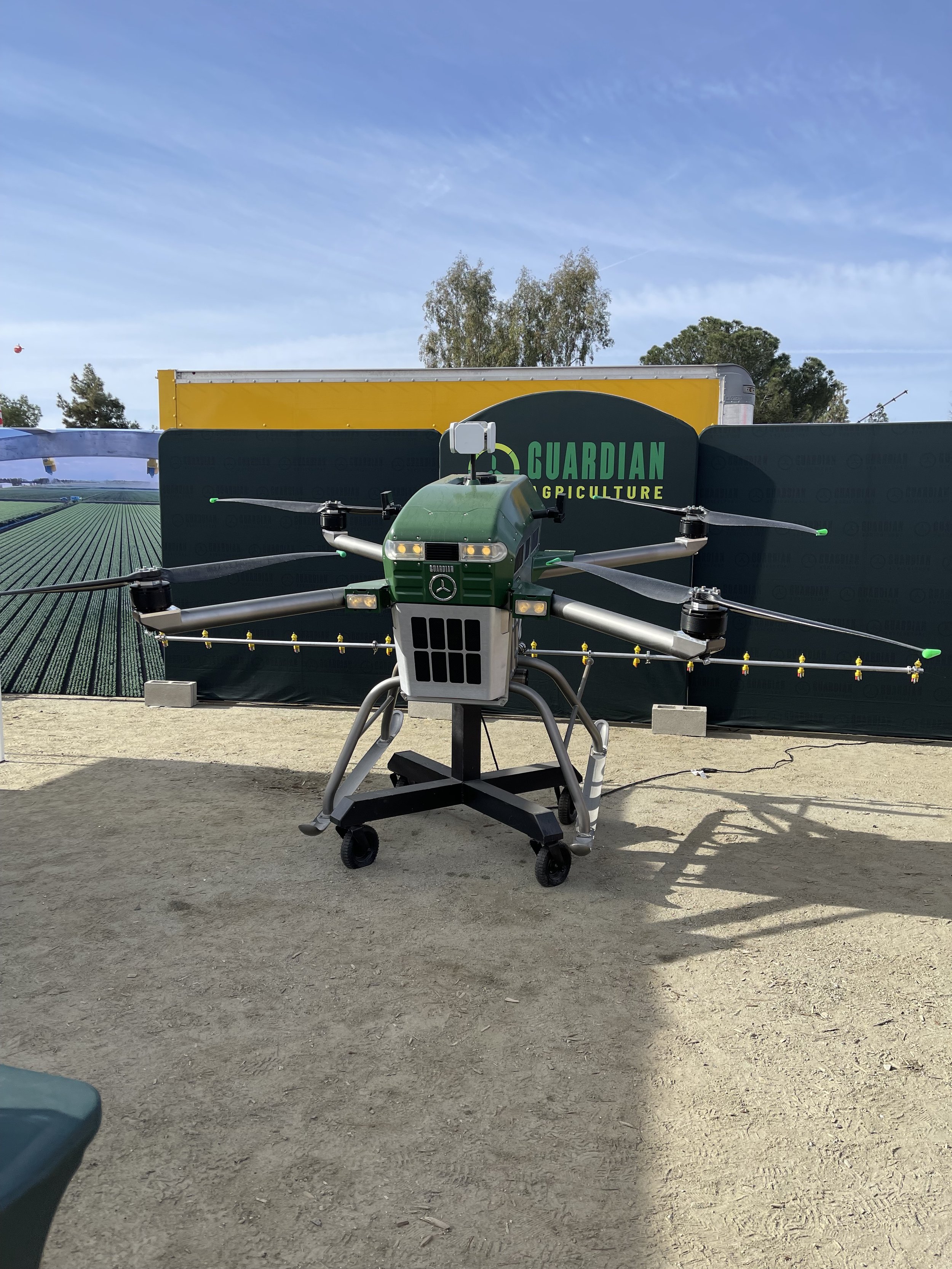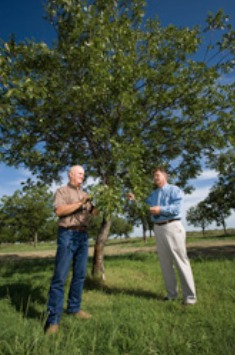Why Gardeners And Farmers Prefer Nutrient Delivery System Over NPK Fertilizers
/WORMGOLD OR NPK FERTILIZER?
Why Your Soil and Plants Prefer Wormgold.
NPK FERTILIZER IN SOIL:
NPK fertilizer is a type of fertilizer that contains three essential macro-nutrients required for plant growth and development. The acronym "NPK" stands for Nitrogen, Phosphorus, and Potassium. A common NPK fertilizer might have a label that reads "10-10-10," which means it contains 10% nitrogen, 10% phosphorus, and 10% potassium by weight. The specific ratio can be adjusted to suit the requirements of specific crops and soil conditions. Using NPK fertilizer can potentially lead to an increase in soil salt levels if not used appropriately. This increase in salt content in the soil is due to the potassium component of the fertilizer, as potassium is a salt. Here's how it can happen:
Overuse of Potassium: If you apply too much potassium-containing fertilizer, it can lead to an accumulation of potassium salts in the soil over time. This can result in an increase in soil salinity.
Insufficient Watering: In areas with low rainfall or if irrigation practices are not managed properly, salts can accumulate in the soil because there isn't enough water to leach them away.
Adverse Effects of Excessive Salt in Soil:
Reduced Water Uptake: High salt levels in the soil can create an osmotic imbalance, making it more difficult for plants to take up water. This can lead to water stress and reduced plant growth.
Nutrient Imbalances: Elevated salt levels can interfere with the uptake of essential nutrients, including calcium, magnesium, and micronutrients. This can result in nutrient deficiencies, affecting plant health and productivity.
Root Damage: Salinity can damage plant roots, making them less effective at absorbing water and nutrients. This can lead to stunted growth and decreased crop yields.
Leaf Burn: Excess salts can accumulate in plant tissues, causing leaf burn or scorching, which appears as browning or yellowing of leaf margins and tips.
Reduced Germination: High salt levels can inhibit seed germination and seedling growth, making it challenging for new plants to establish themselves.
Altered Soil Structure: Saline soils tend to have poor soil structure, as salt disrupts the aggregation of soil particles. This can lead to increased soil compaction and reduced aeration.
To prevent these issues, it's important to use NPK fertilizers in accordance with recommended application rates and to monitor soil salinity levels. Additionally, proper irrigation and drainage practices can help prevent the buildup of salts in the soil. Soil testing can provide valuable information about the salt content in your soil and guide you in making informed decisions regarding fertilization and irrigation. If you have highly saline soil, you may need to consider soil reclamation strategies to reduce salt levels over time.
WORMGOLD IN SOIL:
Worm castings, also known as vermiculture or worm excretion, are a nutrient-rich organic material produced through the digestive process of earthworms. Using properly fed (Wormgold is not manure-fed, or landscape trimmings-fed) worm castings does not cause high salinity in the soil. In fact, worm castings, have several properties and benefits that make them a favorable choice for enriching soil without the risk of increasing soil salinity. Here's why:
Low Salt Content: Worm castings have very low salt content (K:1) compared to synthetic fertilizers like NPK (K:10-18). Instead they are a nutrient delivery system and their nutrient composition is well-balanced and unlikely to disrupt the soil's natural salt levels. This means they are less likely to contribute to soil salinity issues.
Slow-Release Nutrients: Worm castings release nutrients slowly over time as they are broken down by soil microorganisms. This gradual release matches the nutrient uptake pattern of plants, reducing the risk of nutrient imbalances and the salt buildup associated with some fast-acting synthetic fertilizers. This allows the plants to perform the way they were originally designed to perform.
Enhanced Soil Structure: Worm castings improve soil structure by increasing its water-holding capacity, aeration, and overall quality. This enhanced soil structure helps prevent waterlogging and nutrient leaching, both of which can lead to salinity issues in the soil. In addition, when soil structure is strengthened, carbon sequestration is increased.
Microbial Activity: Vermiculture is rich in beneficial microorganisms that support healthy soil ecology. These microorganisms help break down organic matter, further promoting nutrient availability and balanced soil conditions. This also promotes longevity in soil health, and in restoring the healthy ecosystem soil and plants had before chemical fertilizer and pesticides killed off the biology in soil.
Beneficial Effects of Wormgold in Soil:
Organic and Sustainable: Worm castings are an organic and sustainable source of biology that delivers nutrients for plants. They are produced through the decomposition of organic matter by earthworms, making them environmentally friendly and less likely to harm the ecosystem.
Improved Soil Health: Worm castings enhance soil health by promoting beneficial microbial activity, improving soil structure, and increasing water retention capacity. Healthy soils provide a nurturing environment for plant roots and contribute to overall plant well-being.
Nutrient Availability: The nutrients from the biology in worm castings are readily available to plants and are in a form that can be easily absorbed. This helps prevent nutrient runoff and leaching, reducing the risk of contamination of nearby water bodies.
Reduced Risk of Salinity: Unlike some synthetic fertilizers that can increase soil salinity over time, worm castings have a negligible salt content and do not pose a risk of causing soil salinity issues.
Slow-Release Nutrients: Worm castings release nutrients gradually, providing a consistent supply of essential elements to plants. This slow-release nature helps maintain optimal nutrient levels in the soil and minimizes the risk of nutrient imbalances.
Environmental Friendliness: The use of worm castings reduces the reliance on synthetic fertilizers and their potential negative environmental impacts, such as nutrient runoff and contamination. This aligns with sustainable and eco-friendly farming practices.
In summary, worm castings are a valuable and environmentally responsible alternative to synthetic NPK fertilizers. They promote soil health, provide slow-release nutrients, and pose minimal risk of increasing soil salinity. These benefits make worm castings a preferred choice for many gardeners and farmers looking to improve the quality of their soil and the health of their crops while minimizing environmental impact.




